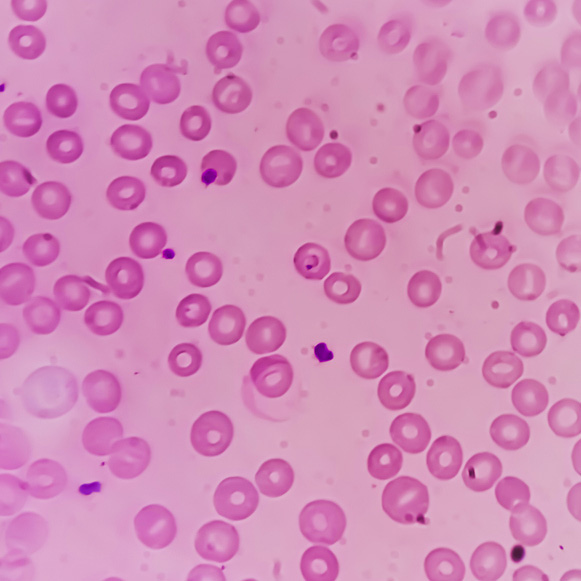
Malaria kills 600,000 people around the world each year, and its resistance to available drugs continues to rise. USF researchers are shedding light on how to target the highly adaptive malaria parasite, which is caused by two different Plasmodium parasites that require different approaches to treat.
“What we’ve done for the first time is pinpoint all the most important genes required for both types of human malaria parasite to survive, which gives researchers a prioritized list of genes as the best likely drug targets that work against both,” says Jenna Oberstaller. “The differences in which genes are essential are also bigger than we thought …, which has implications for malaria treatment specifically and how parasites adapt to their hosts in general.”
View Related Expert Profiles: Go to Source